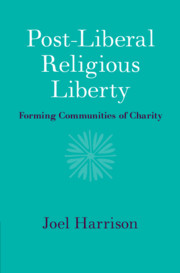The international community is as ubiquitous as it is elusive and its universalist pretensions remain unchallenged in political and academic discourse. In response, this article turns to Bottici's work on political myths. Against the notion of myths as falsehoods, we argue that they create their own sphere of shared social and political reality. The analysis centres on the case of Cambodia, a country that served as an experiment of liberal interventionism. It draws on archival and field research on two consecutive international interventions, a review of public statements by international actors, and interviews with Cambodian actors and activist. We argue that to understand the ideas actors use to orient themselves as they press for change, it is necessary to consider how decades of engagement with the myth have shaped the political imaginary. Our empirical analysis points to three different phases in the use of the myth: Its production during UNTAC, the reinforcement of its narratives through subsequent legal, aid and development interventions, and finally its contemporary use in a post-liberal context. We observe that Cambodian actors increasingly engage the myth to question the terms of transnational cooperation for democracy. Our work has implications for assessments of the legacies of liberal peacebuilding.


